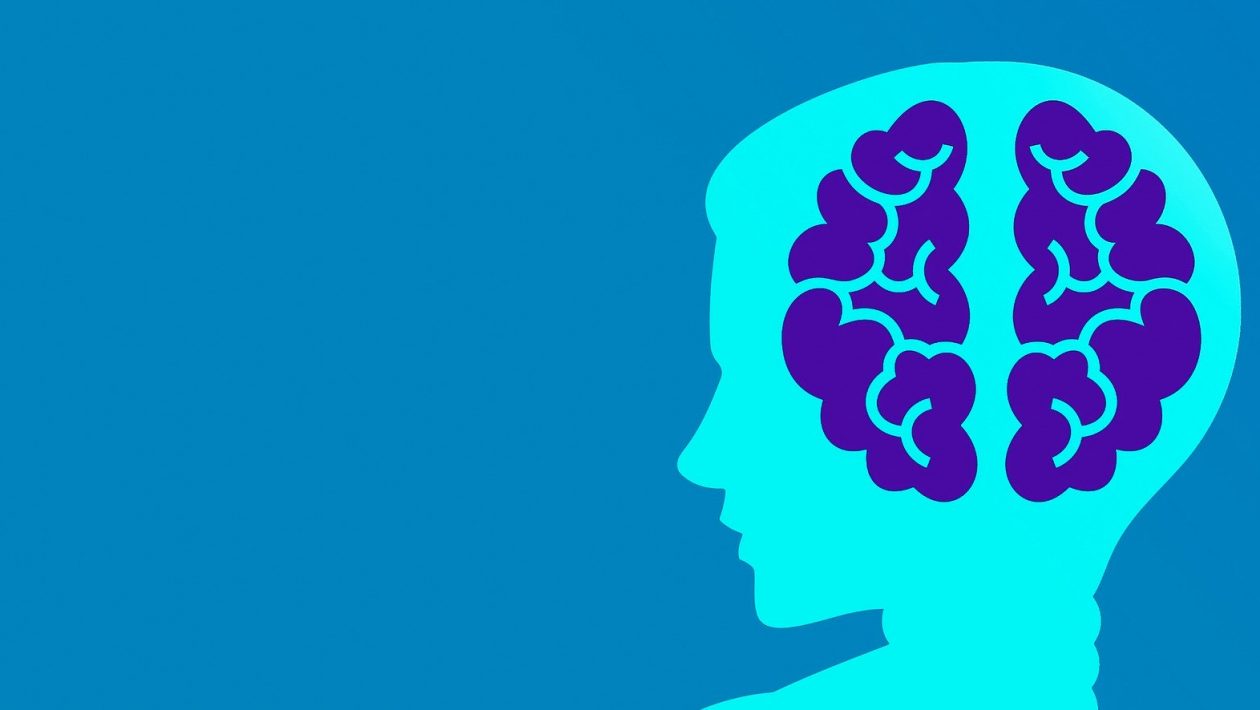Machine learning as a field of learning is among the most sought after these days. Growing demand for predictive modeling and data interpretation has made this need rather fertile. A highly skewed supply versus demand curve is further testimony to this fact. The interpretation of this curve is fairly simple. A lot of people, including academicians, largely fancy the wide range of applications that Machine Learning facilitates.
However, it is this same lot that fails to follow through with this infatuation and acquaint themselves with its theory. As a result, the gap between enthusiasts and actual practitioners keeps expanding. In order to bridge this gap, an acute academic awareness regarding the scope of machine learning needs urgent development. This can only be made possible by introducing these enthusiasts to a curated crop of the best machine learning books. Only through this indulgent academic endeavor can one hope for the spread of such awareness.
Table of Contents
Introduction to machine learning
Broadly speaking, Machine learning is a branch of computer science that deals with sentient computer algorithms. They merit their sentient classification from the fact that they possess the ability to improve automatically through experience. Identified as a subset of artificial intelligence, machine learning broadly charts its distinction on the basis of self-learning algorithms. Machine learning algorithms carry out predictive modeling by building a mathematical model on the given sample data. This data referred to as training data then acquires the ability to make predictions or decisions despite any explicit programming.
Machine learning as an academic field poses itself as the culmination of several prerequisite subjects. In order to gain proper clarity, one might require knowledge in the fields of programming, statistics, data interpretation, and visualization. Consequently, the job description also branches into data scientists, data analysts, and data engineers. Varying degrees of correspondence among the parent streams results in this particular off-shooting. In supporting this increasingly combinatorial presence, machine learning becomes a vastly inclusive field of study for academicians.
Best machine learning books
The best machine learning books are broadly classified into machine learning theory books and machine learning practical application books. The theoretical books deal with the underlying mathematics in machine learning and the statistics involved in predictive modeling. On the contrary python machine learning books deal with the programming aspect of it and their subsequent real-time application. The following section throws ample light on the best machine learning books that are inclusive of both theory and application:
An Introduction to Statistical Learning- Gareth M. James, Trevor Hastie, Daniela Witten, Robert Tibshirani
An introduction to Statistical Learning is frequently counted among one of the best machine learning books. Composed by a bevy of eminent professionals and academics this book is a must-read for all machine learning enthusiasts. The book makes for an excellent read for all those novices trying to understand the know-how of the subject. Fundamentally it deals with analyzing an entity that is at the core of every machine learning problem- datasets.
The fundamental roadblocks that people run into while learning machine learning lie in the manner they interpret their datasets. Primarily this is because of two reasons. The first one stems from a lack of acquaintance with real-life data. Beginners in machine learning often base their training on finite and highly limiting datasets. This often constricts their vision and problem-solving acumen when the same problem extends itself into a wider scenario. Because they’re never taught how to clean up a bigger dataset, they seldom know how to combat it.
The second reason lies in the lack of situational awareness. Datasets by nature are highly diverse and can range anywhere from the field of finance and marketing to astrophysics. Lack of domain knowledge often reflects in the bias that a problem solver assumes before attacking a particular dataset. This bias which is often erroneous ends up affecting the variation that is to be accommodated in that dataset’s scope. Subsequently, the entire solution of the given problem statement reflects in the wrong direction.
An introduction to statistical learning tackles this fundamental problem by striving to make its readers acclimatized to varying datasets. In doing so, it adopts a highly methodical approach of discourse for its users. Additionally, it also introduces readers to navigate the R software which adds further clarity to the in-text readings.
The Deep Learning Book- Ian Goodfellow
The deep learning book by Apple Inc. researcher Ian Goodfellow is a necessary treatise on machine learning’s various aspects. Goodfellow obtained his Bachelor’s and Master’s degree in computer science from Stanford University. Subsequently, he pursued his Ph.D. in machine learning at the University of Montreal. Currently, he’s working at Apple Inc’s Special Projects Group as the director of machine learning.
Deep Learning in general is considered a broader classification of Machine Learning itself. It concerns itself with those methods that are based on artificial neural networks that entail representational learning. Here the algorithms are designed to keep the functioning of the human brain in mind. The reason for doing that is because the human brain is considered to be the epitome of all neural networks. Consequently, these algorithms attempt to learn from large sets of data altogether.
The subject matter of Deep Learning by good fellow covers base on the conceptual and mathematical backgrounds of the subject. The text is primarily from an industrial and research-oriented perspective. It is one of those rare books that have struck the right balance between theory and practice. A thorough reading of the book enables the users to envision machine learning theory in a practical construct.
The book is actively endorsed by industry expert Andrew Ng who was also Goodfellow’s supervisor at Stanford. In composing this lucid text Goodfellow collaborated with fellow researchers Yoshua Bengio and Aaron Courville. This text is frequently counted among the mandatory reads that should be part of every data scientist’s arsenal. It throws light on highly pertinent topics such as deep feedforward networks, sequence modeling, optimization algorithms, and convolutional networks. SpaceX CEO Elon Musk has hailed the book as the only comprehensive literature on the topic of Deep Learning.
The Hundred Page Machine Learning Book- Andriy Burkov
The Hundred Page Machine Learning Book is widely considered to be among the finest publications in recent times. It actively counts among the best machine learning books because of its absolute brevity. As emphasized in the title, this book actually takes readers through a journey in data science via a hundred pages only. The compactness has incited greater participation from among those who in their introductory phases are disheartened by other voluminous binds.
Written by industry expert Andriy Burkov, the text throws much-needed light on the expectations held by data scientists. Burkov’s two decades worth of industry experience reflects aptly in his body of work. He holds a Ph.D. in artificial intelligence from the University of Laval. He is currently serving as the director of data science at Canada based machine learning firm Gartner. His project work at Gartner includes using an algorithm that extracts useful information out of unstructured or semi-structured data.
Despite clocking at just a hundred pages, The Hundred Page Machine Learning Book doesn’t however anything relevant to Machine Learning. From supervised and unsupervised learning, SVMs, gradient descent to cluster analysis and dimensionality reduction, everything stands comprehensively covered. The book is well endorsed by fellow industry experts Gareth James, Peter Norvig, and former Googler Aurelion Geron.
The Hundred Page Machine Learning book is an incredibly lucid read and vastly accessible in that particular light. The book makes for an insightful read for a software engineer or a scientist looking to transition into machine learning. Likewise, it is an equally useful read for a data scientist who wishes to make greater inroads in his craft. More than anything the merit of Burkov lies in the appeal that he poses to readers without any relevant qualifications.
Deep Learning with Python- Francois Chollet
Deep Learning with Python by French Engineer Francois Chollet into the application-oriented side of Machine Learning. The book expertly navigates the users into Deep Learning along the ropes of the programming language Python. In doing so it also expands abundantly on the usage of the powerful Keras library within Python’s collections itself. As most data scientists prefer Python in their daily tidings, this book becomes an absolutely essential read for them.
French software engineer and researcher Francois Chollet in the course of composing this book ensured absolute lucidity in the text. Chollet completed his education from ENSTA ParisTech in Paris, France. He currently serves in the capacity of an Artificial Intelligence Researcher at Google. Prior to this, he was a machine learning architect at California based data science firm Thunder.
The Keras library is an open-source library written in Python that revolves around neural networks. It is compatible with a lot of machine learning notebook environments including TensorFlow, R, and Microsoft Cognitive Toolkit. Its user-friendliness, modularity, and extensibility make it a highly potent tool in the domains of machine learning and deep learning. It was primarily designed to facilitate expedite experimentation with deep neural networks. Francoise Chollet’s Deep Learning with Python promptly covers all of these vital aspects.
Chollet’s Deep Learning with Python is an incredibly useful read for especially those who wish to master Python from scratch. It simplifies the complex math for all those who get intimidated by the computational aspects of Machine Learning. Some of the most important topics in this book include sentiment analysis using tensor flow and sequence classification with RNNs. In these particular aspects, it certainly counts among the best machine learning books of our times.
Hands-on Machine Learning with Scikit Learn, Keras, and Tensor Flow- Aurelien Geron
Hands-on Machine Learning by former Googler Aurelien Geron is arguably among the best machine learning books ever. The book serves as an expert guide into an indispensable ML package such as Scikit, Tensor Flow, and the Keras library. Hands-on Machine Learning is the proverbial self-help book for curious industry veterans and budding ML enthusiasts. Aurelion Geron in his manner of discourse has made sure that the tonality is kept absolutely accessible across all readers.
Author Aurelien Geron boasts of over 20 years of industry experience in IT and other related fields. Formerly a Google Developer Expert, he currently works as a self-employed ML consultant and specialist. Prior to that he was working at Singapore based Kiwisoft Pte. Ltd as a senior artificial intelligence engineer. He was the founder of this particular firm as well. His other notable employments include working for YouTube from 2013-2016 as their Product Manager.
In Hands-on Machine Learning, Geron has made appropriate use of his rich industrial knowledge in maintaining an intuitive flow. The flow of the book is gradual in terms of the difficulty of the topics that are present. The book transitions seamlessly from simpler concepts such as linear and logistic regression into the topics of deep neural networks. Illustrations and practical guides lace the book to balance out the theoretical concepts that are in the text.
TensorFlow as a starting point of Machine learning appears to be a touch tricky for some users. By virtue of its differentiable programming and segmented dataflow, it becomes fairly intimidating for certain beginners. It is precisely this exact predicament that is expertly tackled by Aurelion Geron in Hands-on Machine Learning. In the accessibility that it provides to budding ML learners, the book easily counts among the best machine learning books.
Concluding Remarks
One can’t expect to master Machine Learning by just merely hunting down the best book for machine learning. The key to success lies in the aptitude for learning that a beginner in this field is willing to exercise. The aforementioned books certainly add merit to your knowledge and strive to introduce clarity into your thought processes. However, these texts are all but futile if the learner fails to properly implement them. ML as a learning field is all set to ascend new heights in the upcoming years. In this light, the mentioned textbooks certainly strive to put any budding enthusiast on the most appropriate path.





